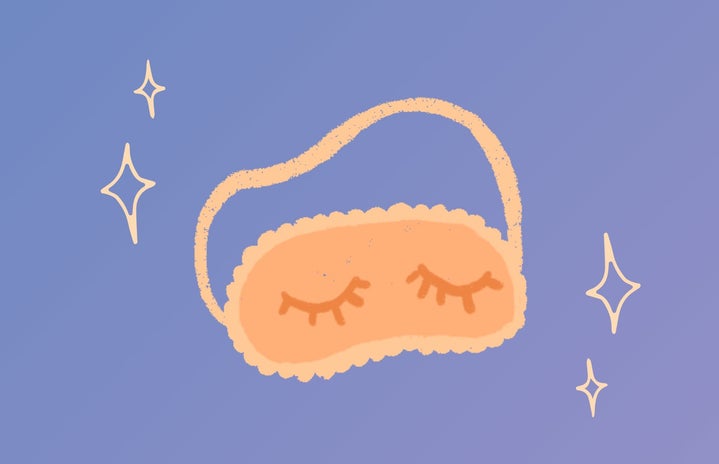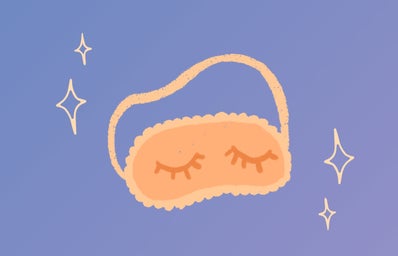I couldn’t help but notice the increase of the amount of sleep content I keep seeing online. Sleep routines full of new gadgets have taken over my feed along with new sleep-related trends like the ‘sleepy girl mocktail’ or melatonin supplements.
As we all know, sleep is important. So it is not that surprising to see the rise of this industry, particularly coupled with the fact that around one-third of adults are routinely not getting enough sleep. But are all the new trends good for you and your sleep? Are they effective?
Firstly, I wanted to look at the so-called ‘sleepy girl mocktail,’ a mix of pure tart cherry juice, magnesium, and prebiotic soda or seltzer. Some claim that it has changed the game in their sleep routine and some attest that it has given them the best sleep of their lives. Samantha Cassetty, a registered New York City dietitian, says that these ingredients do, in fact, promote sleep. She explains that tart cherry juice has a high concentration of melatonin as well as other nutrients (tryptophan and polyphenol antioxidants) that researchers say may contribute to supporting sleep. According to her, magnesium also has sleep-supporting properties. It can promote relaxation and plays a role in regulating melatonin levels. While those ingredients may have sleep-aiding properties, the use of prebiotic soda, such as Olipop, can often give people digestive problems and prevent sleep. It is also important that you use the right amount of ingredients. According to the NHS, 270 mg of magnesium is a good amount for adult women; if you end up taking too much, it could create further gastrointestinal issues.
Others, such as Dr. Pieter Cohen, an associate professor at Harvard Medical School who studies supplements, are less convinced. Based on the inconclusive studies of magnesium and the low concentration of melatonin in tart cherry juice, he believes the mocktail is mostly the work of the placebo effect. However, this does not mean people shouldn’t drink it; many note that it is certainly much better than drinking an alcoholic nightcap and the down-time you have by making and drinking the concoction will help your sleep.
Trends like these coincide with the huge rise of sleep technology over the past few decades. This market is set to expand over 15% by 2035 and reach revenue of $50 billion in the U.S. I have recently been hit with ads everywhere about various new sleep tech like the Oura ring, blue light glasses, or the Hatch alarm clock. While sleep wellness itself is growing, it is definitely playing into the growth of the wider wellness industry as well.
The growth of the sleep wellness industry and sleep technology is highlighting consumers’ wants as well as making knowledge about sleep widespread. However, like everything out there on the internet, not every trend, product, or piece of information is reliable or necessarily beneficial. If you feel so inclined, then trying out some of these sleep tech and sleep trends may work for you–and that is great! But don’t forget about the simpler, ‘old-school’ habits that could improve your sleep such as daily exercise, a well-rounded diet, or limiting your caffeine intake, among others.


